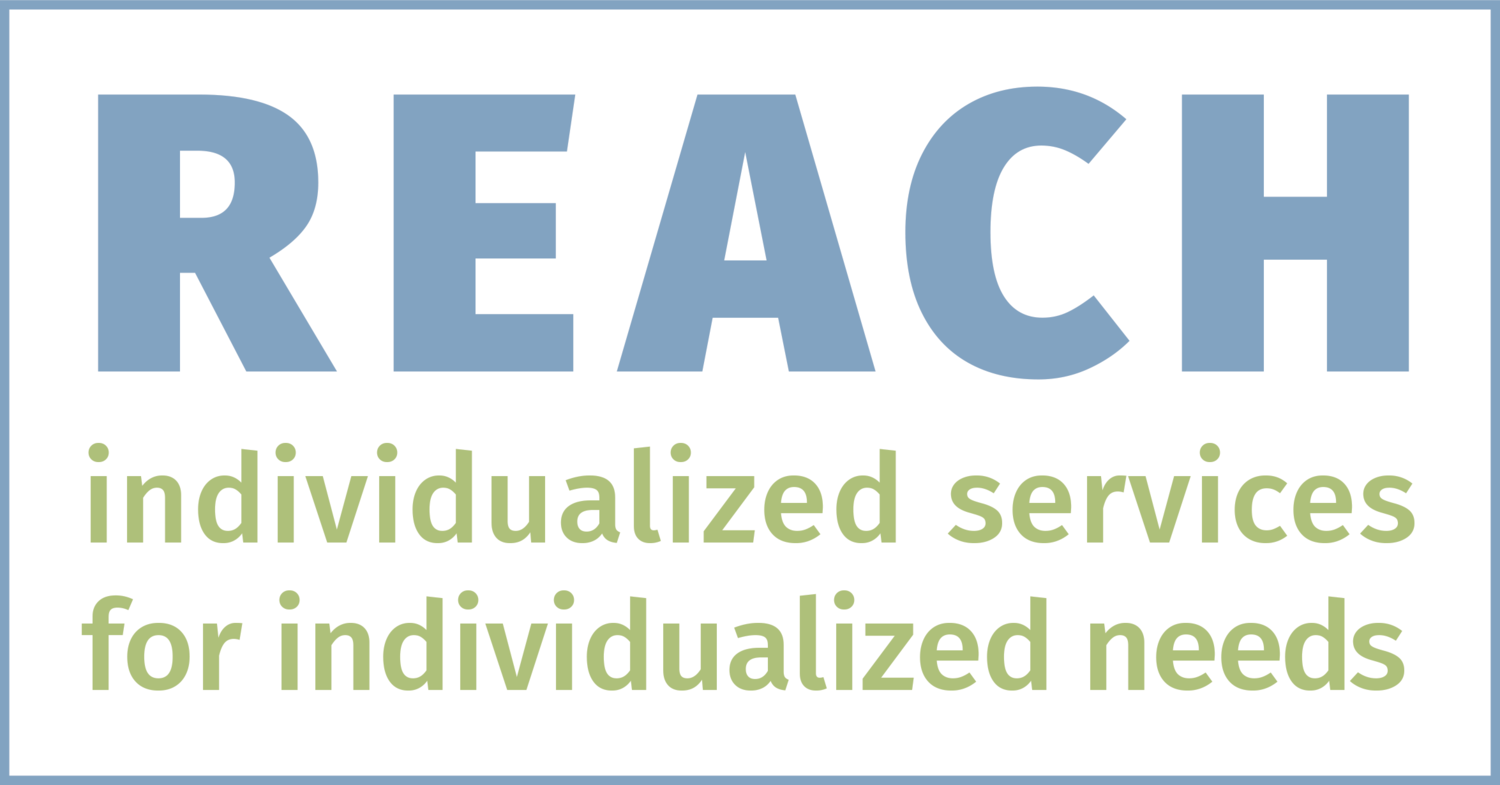Your Ultimate Guide to Navigating Parent Teacher Conferences and Feedback
Parent-teacher conferences are a great way to ensure that your child is getting the most out of their education - but they can also be overwhelming, especially for parents of kids with unique learning needs. It can be difficult to know what to ask and how to process the feedback you receive.
Here are a few tips on how to get the most out of your conferences, including what to ask and how to praise your child's efforts.
What to Ask at Parent-Teacher Conferences
Parent-teacher conferences are a great way for parents to get insights into their child's academic progress and social development.
However, some parents may find themselves at a loss for words when meeting with their child's teacher. If you're not sure what to ask, here are some questions that will give you a better understanding of your child's strengths and weaknesses.
1. How is my child doing academically?
This is a broad question, but it can help you get a sense of how your child is doing in school overall. Are they keeping up with their classmates? Are they struggling in any particular subject?
2. What does my child need to work on?
This question can help you pinpoint areas where your child may need extra help. It can also give you an idea of what you can work on at home with your child.
3. How does my child interact with other students and teachers?
This question can give you insight into your child's social life at school. Do they have friends? Do they get along with their classmates and teachers? How does my child handle peer conflicts?
4. What are my child's strengths?
It's important to know not only where your child needs to improve, but also what their strengths are. This question can help you identify those strengths so you can encourage your child to pursue them further.
5. How does my child handle frustration?
No one likes feeling frustrated, but it's a normal part of life. Asking the teacher how your child deals with feeling overwhelmed or stressed will give you an idea of what techniques work best for them.
If your child tends to lash out when they're feeling frustrated, the teacher may have some suggestions for how to defuse those situations.
On the other hand, if your child shuts down or withdraws when they're feeling overwhelmed, the teacher can provide some tips for how to get them back on track.
6. What can I do at home to help my child succeed?
The answer to this question will vary depending on your child's individual needs and strengths. The teacher may suggest reading more books with your child if they're struggling with literacy or doing more hands-on activities if they're having trouble grasping certain concepts.
No matter what the answer is, it's important to remember that you're not alone in this journey – we're all here to help your child succeed!
7. How does my child do in social interactions?
This is a great question for any parent to ask, but particularly parents who might be concerned about how their children are handling social interactions and peer conflicts. It’s a good question to get insight into how your child performs in one-on-one and group social interactions, as well as how they handle behavioral and personality differences with peers.
Preparing for the Conference
Preparing for a parent-teacher conference can feel daunting, but it doesn't have to be. Here are a few tips to help you make the most of your meeting.
Do Your Research
Before the meeting, take some time to review your child's progress reports and any other communication you've received from their teachers. This will give you a good sense of what topics will be covered in the meeting and help you prepare any questions you may have.
You should also familiarize yourself with your child's curriculum so you have a better understanding of what they are learning in school and can more easily identify any gaps in their understanding. A great resource for finding this information is your child's school website.
Come Prepared with Questions
While it's important to review your child's progress reports before the meeting, don't rely on these alone to give you a complete picture of your child's academic performance. Be sure to come prepared with specific questions for the teacher about your child's strengths, weaknesses, and areas of improvement.
We gave you some examples above, but don’t be afraid to come up with some of your own, too.
Understand Test and Progress Scores
When you arrive at the conference, you may be handed a hefty tome of documents, including things like test scores, progress reports, MAP growth charts, and more.
Do your best to research what sorts of documents you might receive ahead of time (based on your child’s age, educational placement, and so on). While you can’t be prepared for everything, familiarizing yourself with at least some of this information can help reduce overwhelm and make it easier for you to ask questions and connect with your child’s teacher at the conference.
As an example, here’s a resource to help you decode MAP Growth Assessments (and RIT) for parents. If you’d rather decode the scores in simple language - we promise, no jargon! - here’s a simple YouTube video you can watch to determine if your child is on the right track (and what grade level they’re at):
Be Open to Feedback
Remember that the purpose of the parent-teacher conference is to identify ways that you can work together to support your child's education. With that in mind, be open to hearing feedback from the teacher about ways that you can improve your child's learning at home. The goal is not to place blame, but rather to find solutions that will benefit your child.
And finally, don't forget that teachers are human too! They appreciate parents who are respectful and take an active interest in their child's education. Parent-teacher conferences provide an excellent opportunity for you not only to advocate for your child, but also to build a positive relationship with their teacher.
How to Handle Feedback From Parent-Teacher Conferences
Parent-teacher conferences are a crucial way for parents and teachers to communicate about a student's progress in school. But what about the students themselves? How can they be involved in these conferences, and how can parents best digest feedback relating to their child?
Let's take a look.
Processing Feedback from the Conference
It can be difficult to hear negative feedback about your child, but it's important to remember that this feedback is meant to help your child improve.
Take some time to think about it. It's okay if you need some time to process the feedback you've been given. Take a few days to think about what was said and how you feel about it before you discuss it with your child. While it’s normal to feel frustrated or upset if you receive surprising or negative news about your child, try not to react emotionally until you’ve taken the time to think things through and digest what you’re feeling.
If you have any questions or concerns about the feedback after you’ve taken the time to process it, reach out to your child's teacher. They will be able to provide more context and help you understand what steps you can take to help your child improve.
Finally, once you've had a chance to process the feedback, sit down with your child and create a plan for moving forward. This plan could involve setting goals, trying new strategies, or anything else that will help your child succeed in school.
Involving Your Child in the Conference
Students should be involved in parent-teacher conferences whenever possible. After all, it's their progress that is being discussed! There are a few ways to include students in these conferences:
Encourage them to attend: If your child is old enough and cognitively/developmentally able to, encourage them to sit in on the conference. This will help them feel like a part of the process and could prevent any surprises later on.
Send conference notes home: If your child is not able to attend the conference, be sure to take a few notes you can share. This way, they can be involved in the discussion about their progress and can ask any questions they may have.
Have a positive attitude: It's important to have a positive attitude when discussing your child's progress with them. This will help them feel more comfortable about the conference and could prevent any hurt feelings.
Tips for Relaying Feedback to Your Child
Parent-teacher conferences can sometimes be overwhelming. You want to make sure that you are getting the most out of the conference, and also that your child is on track. It is important to remember that the conference is a partnership meeting between you, the parent, and the teacher so that you can work together for the student’s education.
Praise Effort
When you’re relaying information about the conference to your child, you need to be sensitive to your child’s unique personality and needs.
To do this, start by praising effort, not intelligence. This may seem counterintuitive, but research has shown that praising children for their intelligence can actually lead them to give up more easily when they encounter difficulty.
On the other hand, praising effort encourages children to persist in the face of challenges. So, if your child's teacher says they've been working hard in class, be sure to echo that praise at home.
Praise actions, not traits. Remember, there’s a big difference between praising a child for being smart and for praising them for working hard. The behavior of working hard is much more measurable and controllable for a child than something fixed, like intelligence.
When praising the effort, say: “You worked really hard in math class, and your teacher was proud to see that it helped you do so well on your final test,” instead of, “Your teacher was so happy to see that you got a B on your math test. You’re so smart.”
Once you’ve delivered that feedback to your child, don’t just leave it there - the next step should be things your child can do or behaviors your child should do more of so that they can replicate those positive effects moving forward.
Be Specific
When you're talking to your child about their performance at school, it's important to use specific examples. This will help them understand what they need to continue doing or what they need to improve upon.
For instance, if their teacher says they've been doing a great job paying attention in class, you could say something like, "I'm so proud of you for staying focused during lessons."
Likewise, if there are areas where your child needs improvement, using specifics will let them know what they need to work on. For instance, you might say, "I noticed that you didn't turn in your homework today. I know you can do better than that."
Encourage Questions and Further Conversation
Finally, encourage questions and dialogue between you and your child about their feedback from conferences. If they have questions about what was said, take the time to answer them.
And if they want to talk about anything else related to school, listen attentively and let them know that you're there for them. By fostering an open line of communication with your child about their schooling, you can help them feel supported and motivated to succeed.
Final Thoughts
Parent-teacher conferences are a great way to stay involved in your child's education and ensure that they're getting the most out of their schooling.
By asking the right questions and taking the time to praise your child's efforts, you can set them up for success both inside and outside the classroom.




